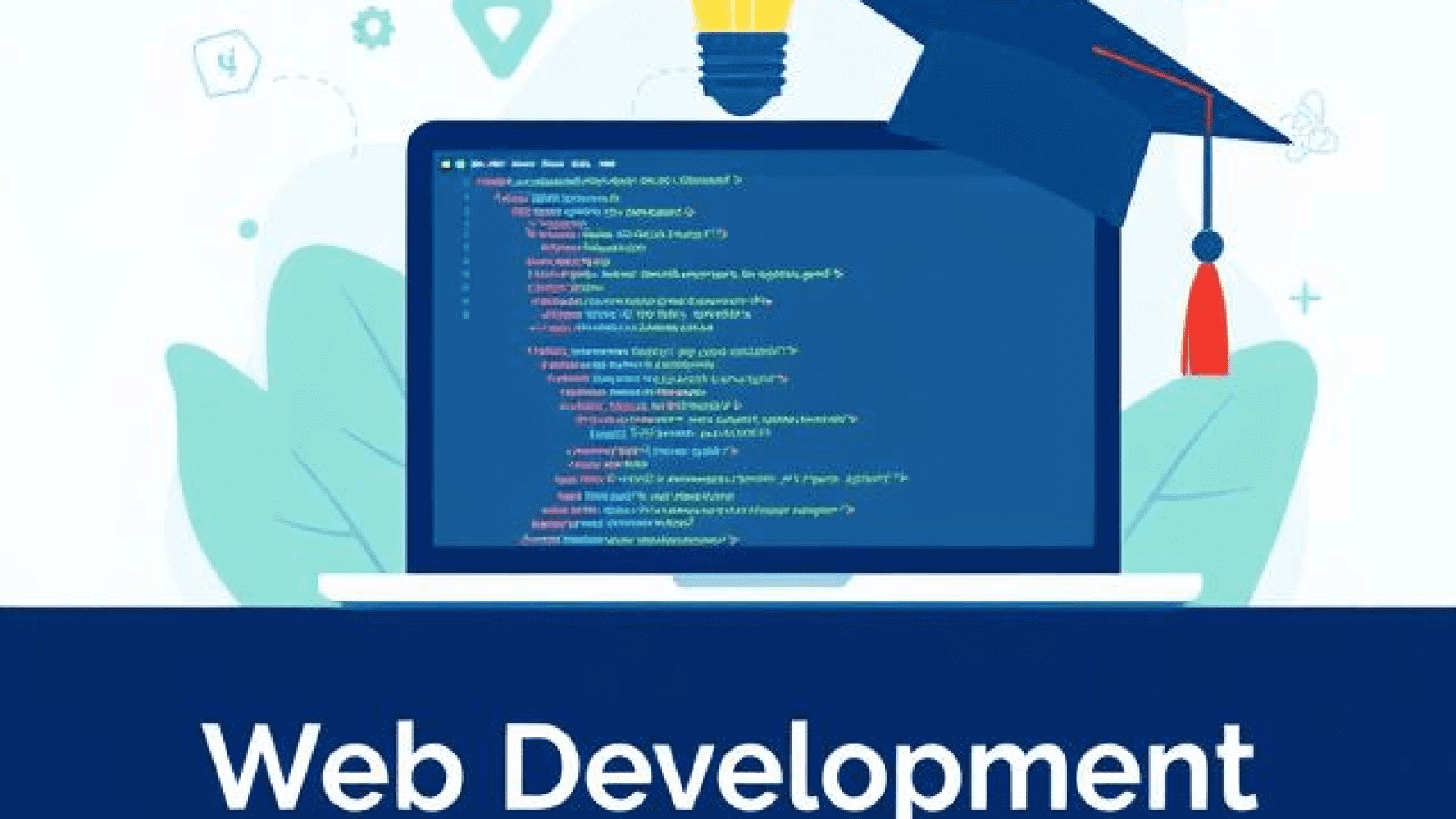Currently Empty: ₹0.00
How to Become a Freelance Web Developer : Your Complete Learning Guide

Are you looking to become a freelance web developer and take control of your career? The demand for web developers has skyrocketed in recent years, with businesses seeking skilled professionals to create stunning, functional websites. Freelancing in web development offers flexibility, high earning potential, and the freedom to work with global clients. Whether you’re just starting or transitioning from a full-time job, this comprehensive guide will help you master the skills, find clients, and grow your business as a  .
.
Why Become a Freelance Web Developer?
Freelancing as a web developer has several advantages:
- Flexible Work Schedule: Set your own hours and work from anywhere.
- Higher Earning Potential: Work on multiple projects and set your own rates.
- Diverse Clients: Gain exposure to different industries and business models.
- Independence: Be your own boss and select projects that interest you.
Essential Skills for a Freelance Web Developer
To succeed as a freelance web developer, you must have both technical expertise and strong soft skills.
Technical Skills
- Front-End Development: Proficiency in HTML, CSS, JavaScript, and frameworks like React, Angular, or Vue.js.
- Back-End Development: Knowledge of server-side languages such as PHP, Node.js, Python, or Ruby.
- Databases: Experience with MySQL, PostgreSQL, or NoSQL databases like MongoDB.
- Version Control: Proficiency in Git and GitHub for code management.
- Responsive Design: Ability to create mobile-friendly websites.
- SEO Optimization: Understanding of on-page and technical SEO to enhance website visibility.
Soft Skills
- Time Management: Effectively handling multiple projects and meeting deadlines.
- Communication Skills: Explaining technical aspects to clients and understanding their needs.
- Negotiation & Pricing: Setting competitive rates and handling contracts.
- Problem-Solving: Quickly resolving technical challenges to deliver quality results.
How to Start Your Freelance Web Development Career
Build a Strong Portfolio
Your portfolio is your resume. Include diverse projects showcasing your expertise. If you’re new, create sample websites, redesign existing sites, or contribute to open-source projects.
Choose Your Niche
Specializing in a niche (e.g., eCommerce, SaaS, WordPress development) helps attract specific clients and allows you to charge premium rates.
Set Up Your Online Presence
- Create a Personal Website: Showcase your skills, portfolio, and contact details.
- Optimize for SEO: Use relevant keywords like “freelance web developer,” “web development services,” etc.
- Leverage LinkedIn & GitHub: Engage with the developer community and showcase your work.
- Use a Keyword-Optimized URL: Ensure your website URL includes “freelance-web-developer” to improve search rankings.
Find Clients
- Freelance Platforms: Sign up on Upwork, Fiverr, Freelancer, or Toptal.
- Networking: Connect with potential clients on LinkedIn, Twitter, and Reddit.
- Cold Outreach: Email businesses and startups offering your services.
- Referrals: Ask satisfied clients to refer you to others.
Pricing Your Services
- Hourly Rates: Beginner ($15-$30/hr), Intermediate ($30-$60/hr), Expert ($60-$150/hr).
- Project-Based Pricing: Fixed prices for specific services (e.g., $500 for a landing page, $3,000 for an eCommerce site).
- Retainer Model: Monthly payments for ongoing maintenance and updates.
Essential Tools for Freelance Web Developers
- Code Editors: VS Code, Sublime Text.
- Project Management: Trello, Asana, Notion.
- Communication Tools: Slack, Zoom, Google Meet.
- Billing & Contracts: PayPal, Stripe, Bonsai, HelloSign.
- Hosting & Deployment: AWS, Vercel, Netlify, DigitalOcean.
Overcoming Common Challenges in Freelancing
- Finding Consistent Work: Build long-term relationships with clients and maintain an active online presence.
- Managing Finances: Track income and expenses using accounting software.
- Handling Difficult Clients: Set clear expectations and use contracts.
- Avoiding Burnout: Take breaks and manage workload effectively.
Scaling Your Freelance Business
Once you’ve established yourself as a freelance web developer, you can scale by:
- Raising Your Rates: Increase pricing as demand for your services grows.
- Outsourcing Tasks: Hire junior developers for repetitive work.
- Building an Agency: Expand your freelance career into a full-fledged agency.
- Creating Digital Products: Sell templates, themes, or online courses.
Conclusion
Embarking on a freelance web development career requires a solid foundation of technical skills and business acumen.
If you’re looking to accelerate your learning and gain industry-relevant expertise, consider exploring the comprehensive web development and related courses offered by Cambridge Infotech. You’ll find a range of programs designed to equip you with the skills needed to thrive in today’s competitive digital landscape.
From foundational coding to advanced specializations, Cambridge Infotech provides the training and support you need to launch or elevate your freelance career. Invest in your future and discover how Cambridge Infotech can help you achieve your professional goals.
Top Web Developer Interview Questions You Must Prepare For
Landing a web developer job requires more than just coding skills—you need to be well-prepared for technical and behavioral interview questions. Employers often test your proficiency in HTML, CSS, JavaScript, frameworks, databases, and problem-solving abilities. Common questions include “How does flexbox work in CSS?”, “Explain event delegation in JavaScript.”, and “What is the difference between SQL and NoSQL databases?” Understanding these concepts and practicing coding challenges will help you stand out.
Web Development Course Fees: A Complete Guide
Are you planning to start a career in web development but unsure about the course fees? The cost of web development courses varies based on factors like course type, duration, institute, and certification. While online courses range from $100 to $1,500, full-time coding bootcamps can cost between $5,000 and $20,000. Some platforms even offer free courses to help beginners get started.
How to Build an Impressive Web Developer Portfolio
A strong web developer portfolio is essential to showcase your skills and land high-paying job opportunities. Your portfolio should include real-world projects, clean code samples, responsive designs, and interactive elements that highlight your expertise in HTML, CSS, JavaScript, and modern frameworks. Employers look for practical experience, so consider adding personal projects, freelance work, or open-source contributions.
AI & Web Development Trends: What’s Changing in 2025?
AI is transforming web development, making websites smarter, faster, and more interactive. Trends like AI-powered chatbots, automated code generation, voice search optimization, and personalized user experiences are reshaping the industry. Developers are leveraging machine learning, low-code platforms, and AI-driven design tools to enhance productivity and create dynamic web applications. Staying updated with these trends is crucial for a competitive edge.







